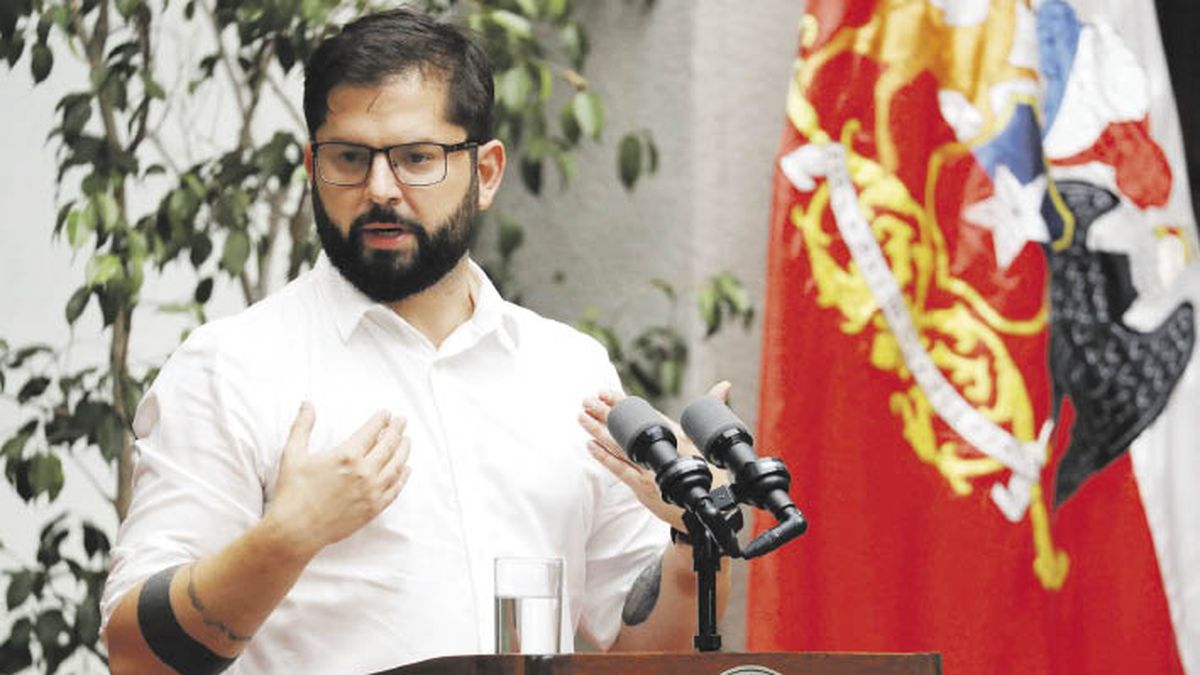The militarization of some provinces in the regions of Araucania and the biobiosome 600 km south of Santiago, was ordered by former President Sebastian Pinera on October 12, in the midst of an increase in attacks and murders in the area, in which the action of self-defense groups of forestry companies, owners of the lands claimed by the Mapuches, is also being investigated.
The instruction, ratified 10 times by Congress, was not renewed by the government of leftist Gabriel Boricwhich took office on March 11, and which seeks to establish dialogue to achieve peace in the area, where the majority of the Mapuche indigenous communities live, the largest ethnic group in Chile, which claims lands that they consider theirs by ancestral rights. .
The end of the militarization “does not imply that the government does not have a concern and does not have the task of guaranteeing the security of all the citizens of Chile,” Interior Undersecretary Manuel Monsalve, visiting the zone.
“A series of measures have been taken to strengthen the capacities of the police to carry out such an important task in a democracy,” Monsalve added on Saturday, hours before the deadline for the deployment of the military.
Four days after the Boric government took office, his Minister of the Interior and Security, Izkia Sichesvisited the area and was ambushed on his way to the Mapuche community of Temucuicui, where State agents are not allowed access without the authorization of those who live there.
The lack of dialogue in the area and of solutions to the claims for the return of land have caused an escalation of violence in the last decade, with arson attacks on private properties and trucks. The presence of drug trafficking networks and self-defense organizations, as well as police operations presumably set up to frame the indigenous people, also came to light.
A majority of the Mapuche live in poverty and have seen their ancestral lands reduced by the expansion of the prosperous timber industry, responsible for 8% of exports.
Source: Ambito
David William is a talented author who has made a name for himself in the world of writing. He is a professional author who writes on a wide range of topics, from general interest to opinion news. David is currently working as a writer at 24 hours worlds where he brings his unique perspective and in-depth research to his articles, making them both informative and engaging.




